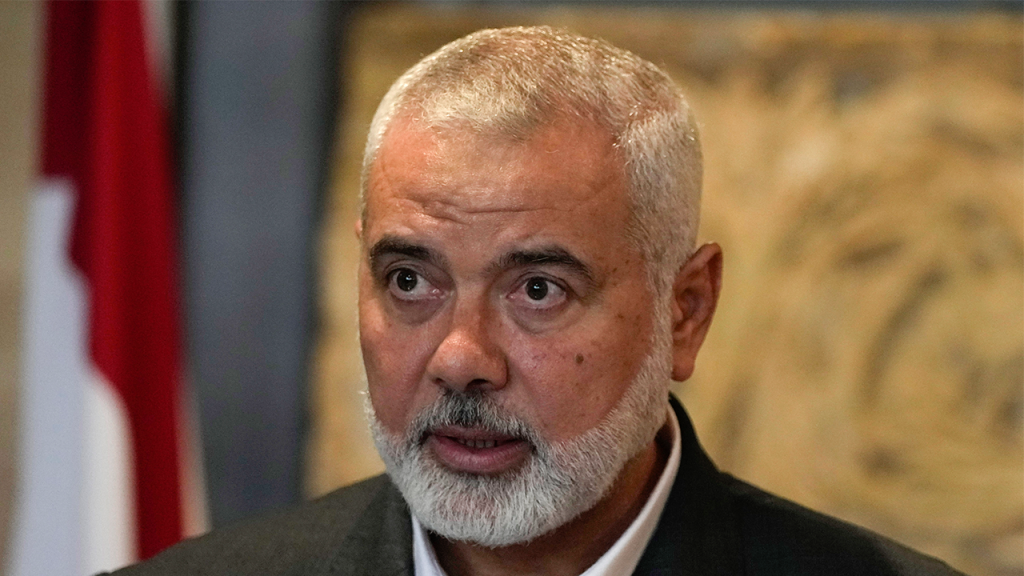The assassination of Hamas political chief Ismail Haniyeh was reportedly carried out in Tehran using an explosive device that had been hidden months prior in the guesthouse where he was staying. The bomb was remotely detonated, killing Haniyeh and a bodyguard at the compound protected by the Islamic Revolutionary Guards Corps. Haniyeh was in Tehran for Iranian President Masoud Pezeshkian’s swearing-in on Tuesday. The State Department did not immediately respond to requests for comment on the report, but Israeli intelligence officials allegedly briefed their counterparts in the U.S. about the operation following the assassination.
Haniyeh had reportedly stayed at the guesthouse several times before during visits to Tehran, and the explosive device was placed in the room where he was staying about two months prior to the attack. Although Israel has not publicly claimed responsibility for the killing, both Iran and Hamas are blaming the Jewish State for being behind the assassination. The security breach that allowed the explosive device to enter the compound where Haniyeh was residing is seen as a significant embarrassment for the Islamic Revolutionary Guards Corps. It is unclear how the bomb was smuggled into the property, and U.S. Secretary of State Antony Blinken stated that the U.S. was not aware of or involved in the operation.
Iranian officials have ordered a “direct” attack on Israel in response to the assassination of Haniyeh. The bomb blast at the guesthouse where Haniyeh was staying has raised concerns about security protocols within the compound, which is used for secret meetings and hosting important guests. The operation has caused tension between Iran, Hamas, and Israel, with accusations and blame being thrown between the involved parties. The assassination has also brought about speculation regarding the impact it will have on the ongoing conflict in Gaza.
The use of a remotely detonated explosive device in the assassination of Ismail Haniyeh in Tehran has raised questions about the security measures in place at the compound where he was staying. The incident has sparked a flurry of accusations and blame between Iran, Hamas, and Israel, further escalating tensions in an already volatile region. The U.S. has distanced itself from the operation, with Secretary of State Antony Blinken stating that they were not aware of or involved in the assassination. The imperative of achieving a ceasefire in Gaza remains a priority amidst the chaos and violence in the region.
The assassination of Ismail Haniyeh has significant implications for the ongoing conflict in the Middle East, particularly in Gaza. The use of a hidden explosive device to target a high-profile political figure has brought renewed attention to the security vulnerabilities within compounds used for official meetings and guest accommodations. The fallout from the assassination has led to heightened tensions and threats of retaliation, with Iran reportedly ordering a direct attack on Israel in response. The incident underscores the complex and volatile nature of the political landscape in the Middle East, with multiple parties involved in a delicate balancing act of power and influence. The repercussions of Haniyeh’s assassination are likely to be felt beyond the borders of Iran and Gaza, impacting regional dynamics and alliances.













